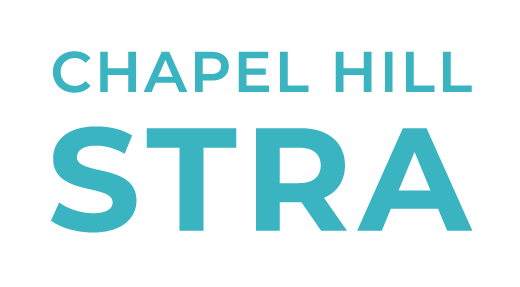Many homeowners assume that their standard homeowner insurance or landlord insurance covers their property when it’s rented to short-term guests, but this is often not the case. Rather, dedicated STR insurance combines key elements of both homeowner and landlord policies with some added insurance protections specific to STR use.
There’s no time like the present to check your policy to make sure you and your guests are covered. Even if your insurance agent says you are, take the time to do your homework and read every detail of the policy of yourself to make sure. This insurance guide below will help make sure your Chapel Hill home is properly covered for use as an STR.
What Dedicated Short-Term Rental Insurance Is
Both homeowners and landlord insurance policies leave significant gaps when the property is used for short-term rentals, defined as stays of 30 days or less. Such rentals are considered by insurers to be a business use, which traditional homeowners and landlord insurance plans usually exclude.
As such, Chapel Hill hosts need an STR-specific policy that covers the building itself, its contents, liability, and business income. These policies replace homeowner and landlord insurance as they can cover a property over a variety of occupancy types: short-term guests, long-term tenants, friend and family use, occasional owner use, owner use as a primary residence, and unoccupied. This can apply to accessory dwelling units as well, such as granny apartments and guest houses. Some policies also extend liability coverage to amenities like pools, hot tubs, watercraft, bicycles, and other features.
Several insurance agencies offer STR-specific or customizable insurance:
Another option available to certain homeowners who rent only occasionally is Slice, an on-demand insurance option available for purchase on a nightly basis for only the time guests are hosted in the property.
When deciding what options work best, read every policy closely and look for options that cover the four key areas of building, contents, liability, and business income across all applicable property occupancy/uses. Also, check each policy’s coverage details around other factors like amenities, cyber security, single family vs. multifamily properties, accidental damage vs. vandalism, events, and anything else specific to your unique home.
Understanding OTA Protection Programs
Some online travel agencies (OTAs) like Airbnb and Vrbo offer their own host protection programs, but these do not replace an STR insurance policy. For example, Airbnb’s Host Protection Insurance and Host Guarantee each provides $1 million in coverage for liability and property damage, respectively. These policies apply only to reservations booked through Airbnb and provide limited or no protection for special items like artwork or antiques, non-accidental injury or property damage, loss of revenue, owner occupancy, and several other issues for which homeowners should have solid coverage. Vrbo offers a liability-only policy for up to $1 million in coverage for reservations booked through the platform. For all other coverage homeowners need, its preferred provider is Proper Insurance.
Other Policies Your Home Needs
Even with the above policies and coverages, Chapel Hill homeowners still need protection for other risks, including flood insurance in some high-risk areas. Find flood maps and other information from the town on flood insurance here. Check with your insurance provider to identify other areas of coverage your home may need.

